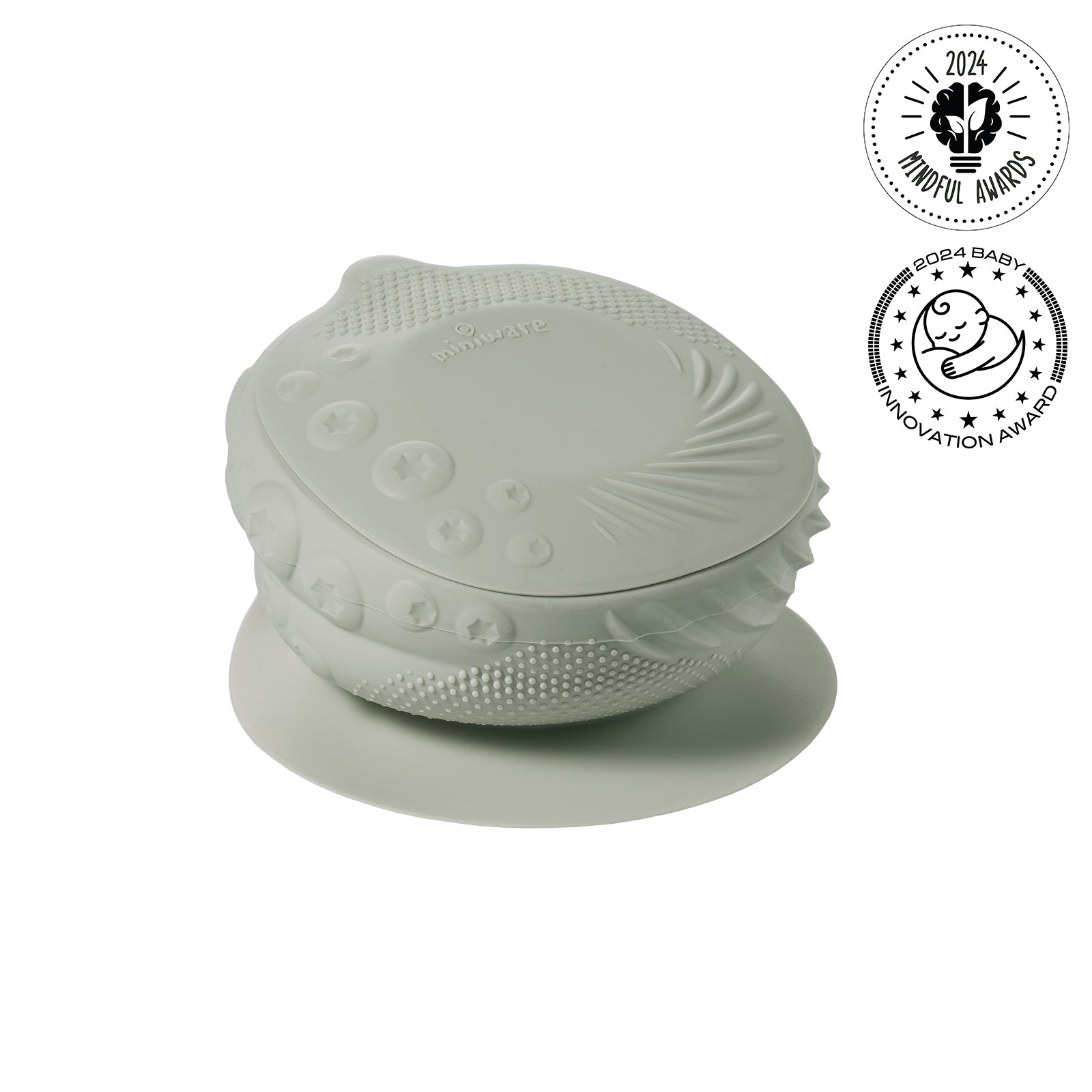On Sunday, November 3rd most of the United States will adjust their clocks for the end of daylight savings time, setting them back by one hour. Giving everyone an extra hour of sleep! Or, so you would think. Falling back to standard time can be a big adjustment for parents and kids. While no one is complaining about getting an extra hour of sleep, our internal sleep rhythms can’t be quickly modified like our clocks. For kids, not being in sync with day and nighttime can leave them feeling cranky and tired, similar to jet lag. Help prepare your child with these tips for adjusting to the end of daylight savings for toddlers:
Make Gradual Adjustments
Begin by gradually adjusting your toddler’s bedtime several nights before daylight savings time ends. Start their bedtime routine 15 minutes later than normal and increase this in 15-minute increments until the weekend. On the Friday and Saturday before you set back the clocks, aim for bedtime to be one hour later than normal. This helps adults ease into the time change as well, so put yourself to bed an hour later than normal too! It’s unlikely you’ll get much push back here. What kid doesn’t want a later bedtime?
You’ll also want to increase wake-up times, aiming to keep kids in bed up to an hour later on Saturday and Sunday. This can be tricky with young children who often wake earlier than their parents. Making sure their room is sleep-friendly and preparing a high protein snack or chamomile tea before bed can help prevent children from waking due to hunger or early morning light and noise.
The goal is to slowly sync up with the new daylight hours. By Sunday night, your child should be ready to fall asleep at their new bedtime and get enough sleep to feel rested the next day.
If your kid is still feeling sleep deprived, it’s better for them to take a nap than to go to bed early or sleep in. Speaking of naps, as with bedtime, if possible, adjust your child’s nap time prior to the time change too. Set naptime 15 minutes later for several days until they’re ready to fall asleep at the proper time.
Get Sun Exposure
To get your child’s circadian rhythms harmonized with daylight and evening, make sure they get sun exposure in the morning and throughout the day until 4pm. That goes for adults too. Taking lunchtime walks or eating outside can help office workers habituate to the shorter days and reduce the time it takes to get in rhythm with the sun. Better rest for both parents and kids!
Avoid Heavy Meals Before Bed
According to dieticians, for the best sleep, you should eat your main meal four hours prior to bed. A heavy meal or bedtime snack can wreak havoc on the digestive system, causing kids and adults to sleep restlessly and wake throughout the night. Instead, limit snacks to around 200 calories and keep them a balanced mix of protein and complex carbs.
Make Sure Your Child is Well Rested in General
It takes time for kids to adjust to the end of daylight savings time and some have a harder time than others. If you’re noticing more meltdowns or tantrums than usual, sleep deprivation may be the key. Small children have a hard time identifying and communicating environmental issues that keep them awake. Evaluate your child’s room for anything disruptive such as an overly bright clock, blinking lights from charging electronics, or a glaring streetlight. Light blocking curtains and a fan to provide white noise to block outside sounds may help your child sleep better overall. If they need an extra nap during the day, that’s okay too. Just don’t let them sleep so long that it interferes with their new bedtime!
The end of daylight savings for toddlers can be a trying time but remember that it will soon be over and your kid’s sleep rhythm will be back on track giving you that extra sleep you deserve!











